Andaman and Nicobar Islands: Tropical Paradise
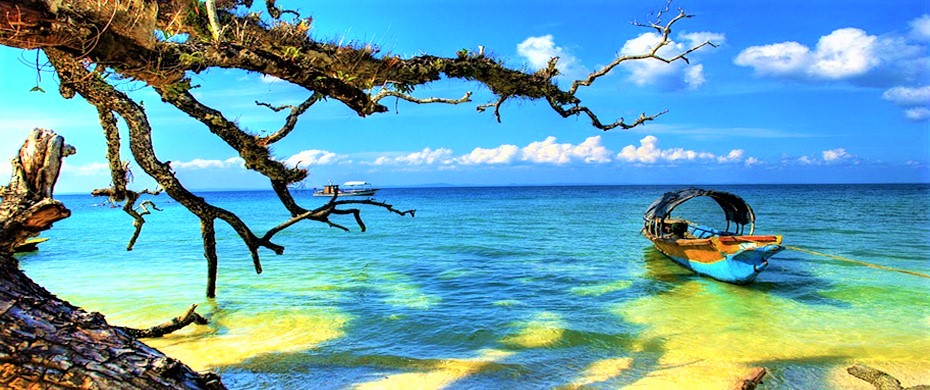
Overview of Andaman and Nicobar Islands
Location and Geography
The Andaman and Nicobar Islands are a stunning archipelago located in the Bay of Bengal, to the east of mainland India. Comprising over 572 islands, only 38 are inhabited. These islands are known for their lush forests, pristine beaches, and diverse topography, ranging from hilly terrains to marshlands.
- Notable Islands :
- Havelock Island : Famous for its breathtaking Radhanagar Beach.
- North Sentinel Island : Home to the uncontacted Sentinelese tribe.
Climate and Weather
The climate in the Andaman and Nicobar Islands is tropical, characterized by warm temperatures and significant humidity. Visitors can enjoy:
- Seasons :
- Summer (March to May) : Warm and humid, perfect for beach activities.
- Monsoon (June to September) : Heavy rainfall; ideal for indoor explorations.
- Winter (October to February) : Mild and pleasant, the best time for tourism.
Personal experiences of fishing in clear waters during winter highlight the islands’ appeal, as moderate temperatures create unforgettable memories.

Biodiversity and Marine Life
Rich Flora and Fauna
The Andaman and Nicobar Islands are a treasure trove of biodiversity, boasting an array of unique flora and fauna. Dense tropical forests create a habitat for:
- Species of Birds : Endemic species such as the Nicobar pigeon and Andaman teal.
- Flora : Varieties of orchids, mangroves, and medicinal plants.
During a nature walk, one might encounter colorful birds flitting through the trees, highlighting the islands’ ecological richness.
Coral Reefs and Underwater Beauty
Beneath the waves, the Andaman and Nicobar Islands unveil mesmerizing coral reefs. These reefs are:
- Home to Diverse Marine Life : Colorful fish, sea turtles, and vibrant corals.
- Sensitive Ecosystems : Vital for maintaining ocean health.
Snorkeling in these azure waters reveals a world teeming with life, where each dive becomes an unforgettable exploration of beauty and wonder.
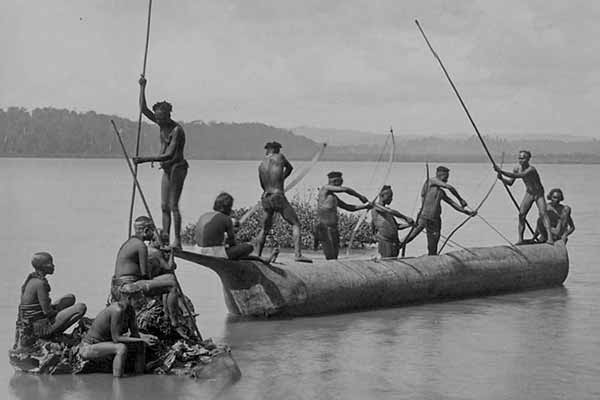
History and Indigenous Tribes
Colonial Influence
The rich history of the Andaman and Nicobar Islands includes significant colonial influence, primarily from the British during the 18th and 19th centuries. They established the infamous Cellular Jail, a prison for political prisoners. This colonial presence brought about:
- Infrastructure Development : Roads and communication systems, although often at the expense of local cultures.
- Cultural Interactions : A blend of diverse traditions and communities arose.
Heartrending tales of the prisoners’ struggles echo through the arches, reminding visitors of the islands’ complex past.
Jarawa and Sentinelese Tribes
The islands are also home to the Jarawa and Sentinelese tribes, indigenous peoples who have thrived in isolation. These tribes represent:
- Unique Cultures : The Jarawa are semi-nomadic, while the Sentinelese remain largely uncontacted.
- Sustainable Lifestyles : Expert hunters and gatherers who respect their environment.
Visiting these regions offers a glimpse into their fascinating, yet vulnerable, way of life, as well as a reminder of the importance of preserving their heritage.
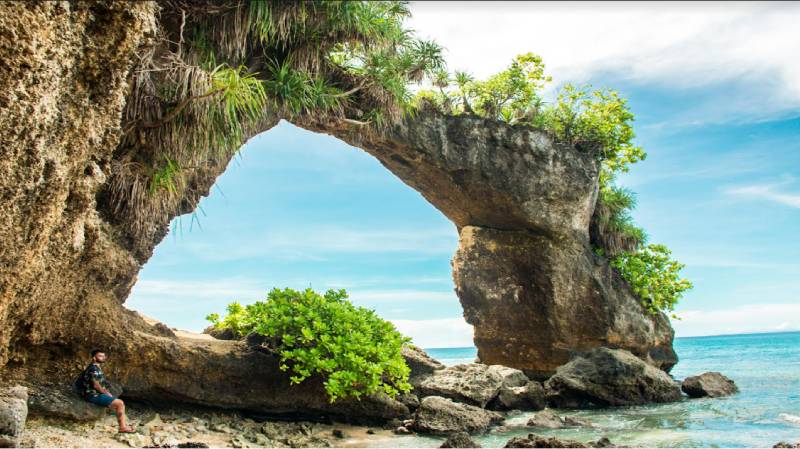
Tourist Attractions
Cellular Jail
One of the most significant landmarks in the Andaman and Nicobar Islands is the Cellular Jail, a poignant reminder of India’s struggle for independence. Known for its unique architecture and dark history, this former prison tells tales of bravery through:
- Light and Sound Shows : Captivating narratives about freedom fighters.
- Historical Significance : The prison cells, which once confined political prisoners, evoke deep emotions.
Walking through its hallowed halls often feels like stepping back in time.
Radhanagar Beach
A trip to these islands wouldn’t be complete without visiting Radhanagar Beach, consistently ranked among Asia’s best beaches. With its soft white sand and turquoise waters, it offers:
- Stunning Sunsets : Perfect for ending a day of exploration.
- Water Activities : Options for swimming and beach volleyball.
Experiencing the gentle waves lapping at the shore while soaking in the vibrant hues of the sunset is an unforgettable moment that encapsulates the beauty of these islands.
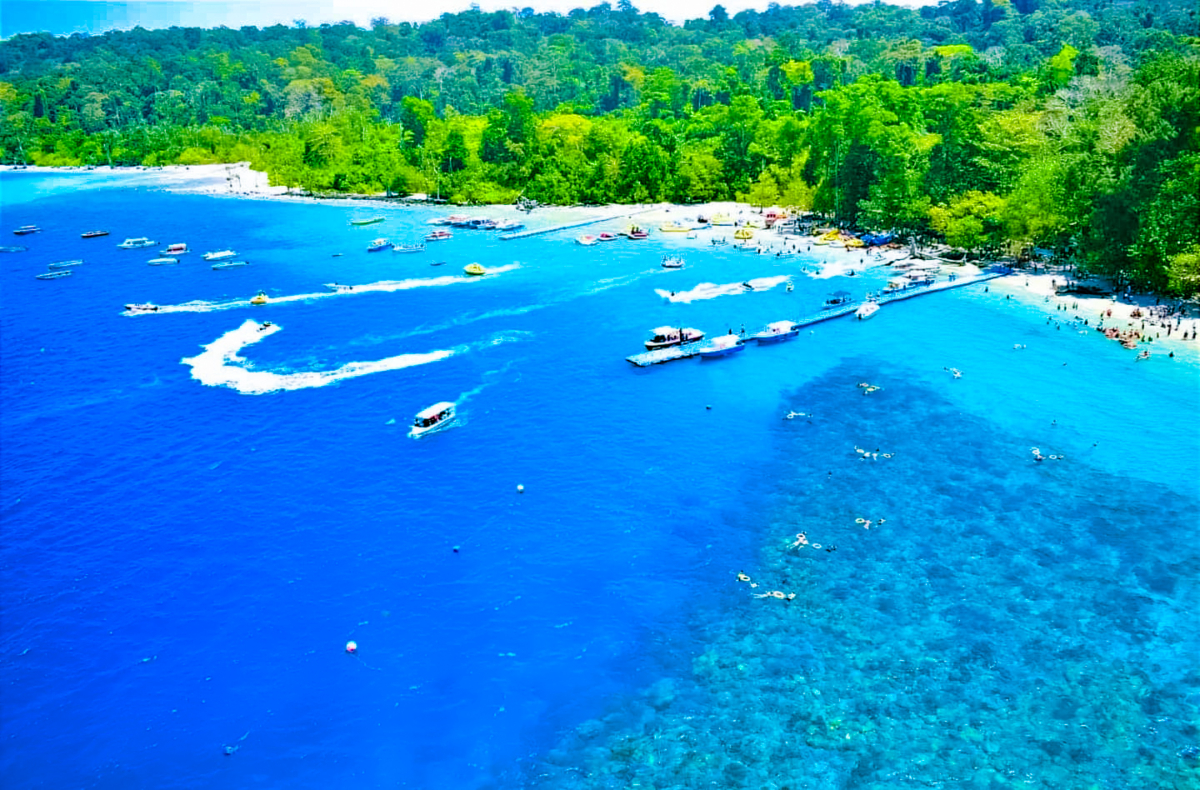
Adventure Activities
Scuba Diving
For thrill-seekers, scuba diving in the Andaman and Nicobar Islands is an exhilarating experience, showcasing underwater wonders like vibrant corals and diverse marine life. Many dive operators offer:
- Beginner Courses : Perfect for novices eager to explore.
- Advanced Diving Sites : For seasoned divers seeking excitement.
Diving into the crystalline waters often feels like entering a magical world, where colorful fish dart among corals, making every dive unforgettable.
Snorkeling and Trekking
If scuba diving isn’t your scene, snorkeling offers a more accessible way to experience the underwater beauty. With equipment readily available at many beaches, snorkelers can enjoy:
- Easy Access to Marine Life : Simply float on the surface and gaze downward to see schools of fish.
- Guided Tours : Explore popular spots with local experts.
Trekking also beckons the adventurous at heart, with trails through lush forests leading to hidden gems and panoramic views. Picture hiking towards scenic vistas, where the sound of rustling leaves enhances the connection to nature, creating cherished memories.
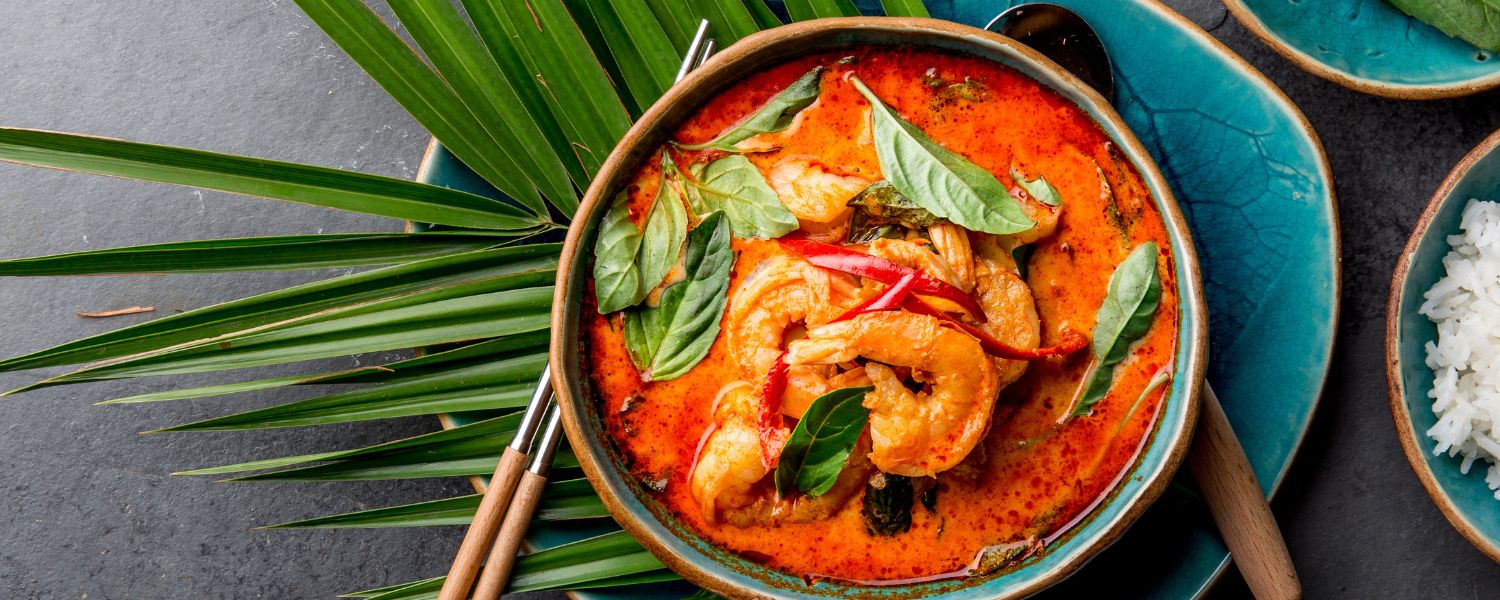
Local Cuisine and Culture
Seafood Delicacies
The Andaman and Nicobar Islands boast a rich culinary scene, primarily focused on fresh seafood. With the ocean at their doorstep, local fishermen provide an abundance of exquisite dishes. Must-try delicacies include:
- Fish Curry : A flavorful blend of spices that perfectly complements the catch of the day.
- Tandoori Prawns : Grilled to perfection, serving a smoky flavor that’s hard to resist.
Dining on the beach while savoring these delicacies creates an experience that lingers long after the meal.
Dance and Music Forms
The islands’ culture is deeply enriched by their diverse population, reflected in vibrant dance and music forms. Local performances often feature:
- Tribal Dances : Capturing stories of ancestral heritage through rhythmic movements.
- Folk Music : Utilizing traditional instruments that echo the soul of island life.
Witnessing a live performance provides a glimpse into the colorful tapestry of history and tradition, making each visit feel all the more special.

Conservation Efforts
Marine Conservation Projects
As the Andaman and Nicobar Islands face environmental challenges, various marine conservation projects aim to protect their unique ecosystems. Key initiatives include:
- Coral Restoration Programs : Focused on rehabilitating damaged reefs through coral planting.
- Wildlife Protection Policies : Safeguarding endangered species such as turtles and dolphins.
Engaging with local conservationists reveals the dedication to preserving these underwater treasures for future generations to explore.
Eco-Tourism Initiatives
Complementing these projects, eco-tourism initiatives promote sustainable travel practices. Visitors can participate in activities such as:
- Guided Nature Walks : Fostering awareness of local flora and fauna.
- Community-Based Tourism : Supporting local economies while ensuring cultural preservation.
By choosing eco-friendly options, travelers contribute to the conservation efforts that keep the islands’ natural beauty intact, making each trip meaningful and responsible.




